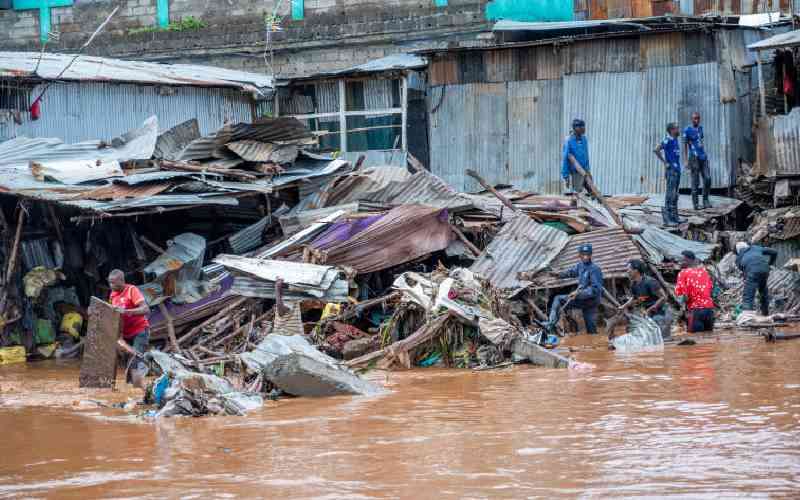×
The Standard e-Paper
Smart Minds Choose Us

On Wednesday, I was privileged to attend a public lecture by the Chinese Ambassador to Kenya, Dr Zhou Pingjian, on the China transformation journey.
The lecture also shared the long history of friendship, spanning over six decades, between the two countries and lessons that Kenya could learn from the Chinese experience.